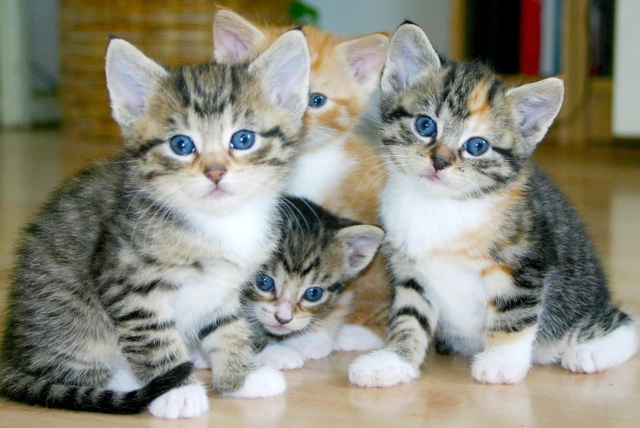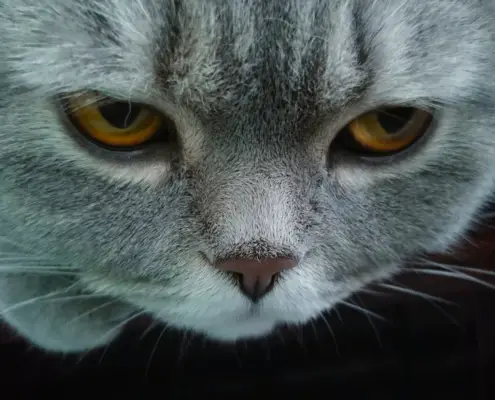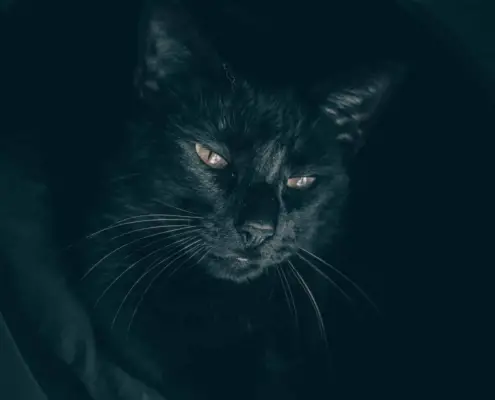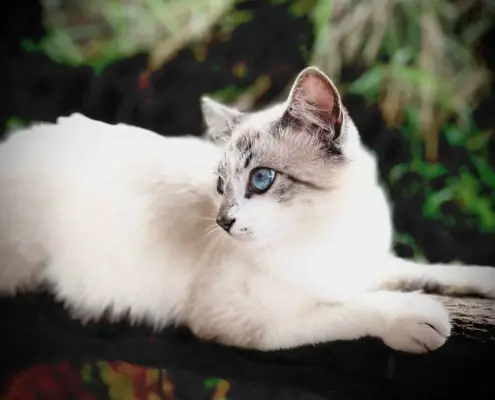
When it comes to the world of adorable feline companions, one of the most fascinating aspects is the size of their litters. From the tiny, delicate bodies of newborn kittens to the playful energy they bring into our lives, there is no denying the magic of a litter. But have you ever wondered how many kittens are typically born in a litter? In this article, we will delve into the intricacies of nature’s creation, exploring the factors that determine litter size and uncovering the secrets behind this enchanting phenomenon.
Factors That Determine Litter Size
The number of kittens in a litter can vary greatly depending on several factors. One of the primary influences is the breed of the mother cat. Different cat breeds have different average litter sizes, with some breeds tending to have smaller litters while others have larger ones. Additionally, the age of the mother cat can play a role, as younger cats tend to have smaller litters compared to their more mature counterparts.
Another crucial factor is the health and overall well-being of the mother cat. A healthy and well-nourished feline is more likely to give birth to a larger litter. Proper nutrition, regular veterinary care, and a stress-free environment all contribute to the likelihood of a healthy litter size.
Average Litter Sizes for Different Cat Breeds
While it is important to remember that individual variations can occur within each breed, certain cat breeds have been observed to have specific average litter sizes. For example, Siamese cats are known for having smaller litters, usually consisting of around three to four kittens. On the other hand, larger cat breeds like Maine Coons or Persians can have litters ranging from four to six kittens.
It is essential to note that these numbers are simply averages, and there are always exceptions. Some Siamese cats may have larger litters, while some Maine Coons may have smaller ones. Nature, after all, loves to surprise us with its diversity.
Understanding the Concept of “Singleton” and “Multiton” Litters
In the world of feline reproduction, there are two terms commonly used to describe litter sizes: “singleton” and “multiton.” A singleton litter refers to a litter that consists of only one kitten. This can occur due to various reasons, such as fertility issues or accidental loss of other embryos during pregnancy.
On the other hand, a multiton litter refers to a litter with multiple kittens. The number of kittens can range from two to even a dozen or more, depending on the breed and other influencing factors. Multiton litters are more common and are often a delightful sight for cat owners.
Factors That Can Influence Litter Size
Apart from breed and the health of the mother cat, there are other factors that can influence the number of kittens in a litter. One such factor is the size of the cat herself. Smaller cats generally have smaller litters, while larger cats tend to have larger ones.
Additionally, the number of times a cat has given birth, known as parity, can also affect litter size. Cats that have previously had litters tend to have larger ones compared to first-time mothers. This is because the reproductive system becomes more efficient with each pregnancy, allowing for a greater number of kittens to develop.
The Role of Genetics in Determining Litter Size
Genetics also play a significant role in determining the size of a litter. Just as certain physical traits are passed down from parents to offspring, so too can the potential for a larger or smaller litter. If a mother cat comes from a lineage with a history of larger litters, she is more likely to have larger litters herself.
However, it is important to remember that genetics is not the sole determining factor. Environmental influences and other variables can interact with genetic factors to shape the final litter size.
Environmental Factors That Can Affect the Number of Kittens in a Litter
The environment in which the mother cat lives during pregnancy can have an impact on the number of kittens she gives birth to. Stress, for example, can lead to a smaller litter size. Cats that experience high levels of stress during pregnancy may have fewer kittens or even resorb embryos, resulting in smaller or singleton litters.
Additionally, factors such as temperature, humidity, and overall living conditions can also influence litter size. A comfortable and stress-free environment, along with proper nutrition and care, can contribute to a healthy and robust litter.
The Importance of Proper Nutrition for a Healthy Litter
Proper nutrition is vital for both the mother cat and her developing kittens. A well-balanced diet rich in essential nutrients supports the growth and development of healthy kittens. Adequate protein, vitamins, and minerals are crucial during pregnancy and lactation, as they directly impact the number of kittens and their overall health.
Consulting with a veterinarian to ensure the mother cat is receiving the appropriate nutrition can greatly enhance the chances of a healthy litter. Nutritional supplements may be recommended, especially if the mother cat has any underlying health conditions or dietary deficiencies.
Common Myths and Misconceptions About Kitten Litters
There are several common myths and misconceptions surrounding the size of kitten litters. One prevalent myth is that a larger litter indicates a healthier mother cat. While it is true that a healthy cat is more likely to have a larger litter, litter size alone is not the sole indicator of a cat’s well-being. Other factors, such as the mother’s age, genetics, and overall health, should also be considered.
Another misconception is that the size of a litter can be controlled or manipulated by external factors. While certain interventions, such as artificial insemination or fertility treatments, can influence litter size to some extent, nature ultimately takes its course. It is best to provide a nurturing environment and proper care to support the health of the mother and her litter, rather than attempting to alter the natural process.
Appreciating the Wonder of Nature’s Magic
In the realm of kitten litters, there is an undeniable sense of wonder. The quantity of kittens in a litter is influenced by a myriad of factors, from genetics and breed to the health of the mother cat and her environment. While averages can be observed within certain cat breeds, nature’s diversity ensures that surprises are always possible.
Understanding the magic behind the creation of kitten litters allows us to appreciate the beauty and complexity of the natural world. As cat lovers, we are fortunate to witness the miracles of birth and growth. So, the next time you find yourself in the presence of a litter of kittens, take a moment to marvel at the wonders of nature’s creation.
If you enjoyed my article, I would appreciate you sharing it with your network.

Sima Ndlebe
Sima writes for CatBuzz. He is interested in Cats, Health and Fitness, and Entrepreneurship.
Published: 22 December 2023



